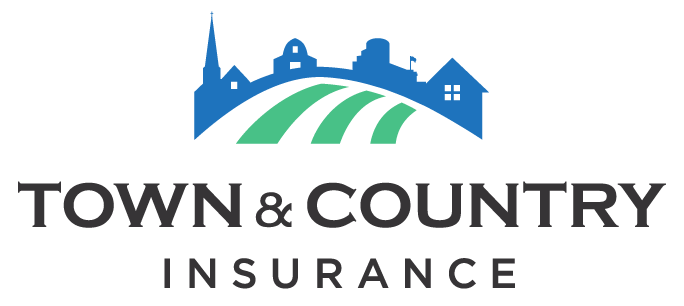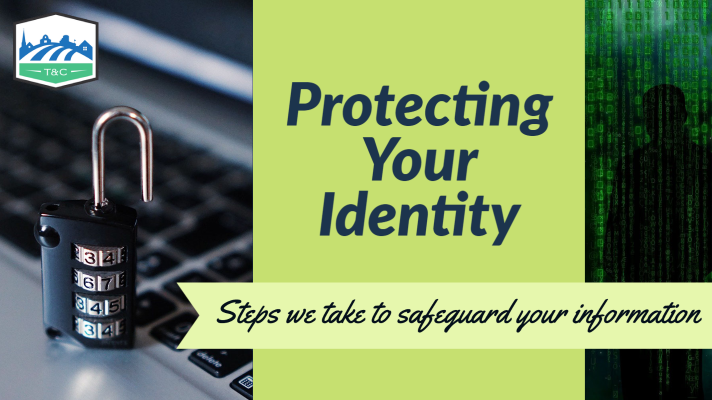We have various measures in place to protect the identity of our insureds. We are responsible for keeping a lot of information on file, and doing so confidentially.
In a world where hackers can break into even Bill Gates’ twitter account – protecting personal & private information is of utmost importance!
So, what are we doing to protect your identity?
Depending on your chosen method of contact, we have a series of steps we take to verify identity, verify authorized contacts, and so on.
When You Call Us:
- First, most numbers pop up on our caller ID and your account is automatically pulled up in our system, providing that number matches what we have on file.
- Second, we are fortunate enough to know the majority of our customers on a first-name basis. Because of this, we recognize their voices, their circumstances, and are able to use our insight and experience with each customer to know if things seem “off” or not. When working with customers over the phone, Patty, one of our newer Policy Service Agents, added that we always “verify who we are speaking with, and (ensure) it matches the information that pulls up (in our system.)” Further, making changes to policies requires spoken or written consent on behalf of the customer, which we document in our system.
- Third, if we are still unsure – we ask each customer to verify some sort of policy information. Whether it is vehicle type, coverage, drivers on the account, insurance carrier, last policy change or last payment amount (or a combination of these.)
When A Lender Is Asking Us To Provide Information On Your Behalf:
We get various verification requests from lenders to verify insurance on properties associated with loans, etc. We typically get these through email or over the phone. Amanda, the Policy Service Agent in our Mora office, says she always checks to see if they are listed (on the account) first. “We typically get a signed authorization form which allows us to release this information,” but she takes it step further and calls to verify with the insured that it is actually legit.
Adding, “If it is a mortgage company calling me, I typically have them verify property address and current carrier information including name and effective dates. Or I have them send me a formal request for information and then I call the insureds to verify if they are refinancing or making changes.”
When Exchanging Information Over The Internet:
Lisa, who is responsible for our internal IT and procedures, has put many policies & procedures in place, all of which are to ultimately protect both Town & Country Insurance and the Customer.
Town & Country Insurance utilizes “R-Sign,” a registered mail program that encrypts data and allows customers to securely e-sign documents.
We also prohibit certain information to be exchanged over e-mail, including Social Security Numbers (SSN), Drivers License Numbers or MN ID Cards, bank account / credit or debit card numbers, and any passwords or information that would allow access to a customer’s financial account.
In The Office:
We have a policy titled “Protecting Client Information” in place. This policy helps to protect information that may be on documents in the office. Best practices include requirements for minimizing persona information kept on our desks, utilizing locked shred bins to dispose of information, transporting policy documents and private information when meeting clients outside of the office, etc.
Each agent has their own private office, in which they can do business & close the door as necessary – to prevent others from overhearing any private data that may be discussed.
At times, customers may make insurance payments in-office for their policies. If paying by check, we upload their payment to the carrier’s secured site, and shred their physical check or give it back to them. We also utilize secured, locked shred bins in each office, which is shredded on-site monthly by a third party shredding company.
In short, we take your personal information very seriously, and understand the importance of securing private information. If you have any questions, don’t hesitate to reach out to us or your agent directly.




